Introduction
The anesthesia consultation
It is important to detail the history of diabetes, diabetes-related complications and treatments (anti-diabetic, insulin, etc.)
The glycated hemoglobin (HbA1c) value is used to assess glycemic control over the previous 3 months:
- This dosage is to be transmitted during your consultation;
- Do a dosage if you have not done it for more than 3 months or if it presents a significant imbalance during its last control;
- If your diabetes is very unbalanced, it is sometimes necessary to delay the intervention because the risk of complication is more important.
→ Receive a prescription to measure your diabetes (glycated hemoglobin) before the anesthesia consultation.
Managing your medications
Do I Need to Take my Medication Before the Procedure?
Situation 1: Outpatient surgery.
Yes, you can continue your treatment.
You can take your medication the day before and the morning of the procedure.
Situation 2: Surgery requiring hospitalization
It will be necessary to suspend certain treatments on the morning of the operation.
Diabetes medications should not be taken on the morning of the procedure. Only metformin should not be taken the night before or the morning of the operation.
Slow insulin injections should be continued as usual, especially if you have type I diabetes (usually since childhood). To avoid insulin-related hypoglycemia and fasting for anesthesia, an infusion with glucose will be started at breakfast time or when you arrive at the operating room.
Despite these recommendations, only your anesthesiologist can suggest a protocol adapted to your situation.
Risks
Potential Risks
The operative risk is mainly related to the complications of diabetes, in particular:
- Cardiovascular risks;
- Risks affecting the nervous system.
Some complications of diabetes may worsen or develop during surgery:
- Vegetative neuropathy (neurological disorder leading to severe pain);
- Cardiovascular problems;
- Kidney failure.
To reduce diabetes-related complications during surgery, it is necessary to have a complete preoperative assessment to ensure that diabetes is balanced.
Course of the Procedure
Glycemic Control
Your glycemia will be checked at your arrival, during the procedure and afterwards.
If you experience symptoms of hypoglycemia in the hospital, please report it to your doctor so that your blood sugar can be monitored. Blood sugar levels will be monitored throughout your care with appropriate treatment.
After the Procedure
Resumption of usual treatment
Don't hesitate to check your blood sugar more frequently.
Depending on the evolution of the operation, you may be able to eat again a few hours after the procedure. More frequent glycemic controls will be carried out and the resumption of your usual treatments can be envisaged in the absence of complications.
Sometimes, insulin treatment may be prescribed by the medical team during your hospital stay to help balance blood sugar levels and compensate for the discontinuation of certain treatments.
Your diabetes may become temporarily unbalanced.

